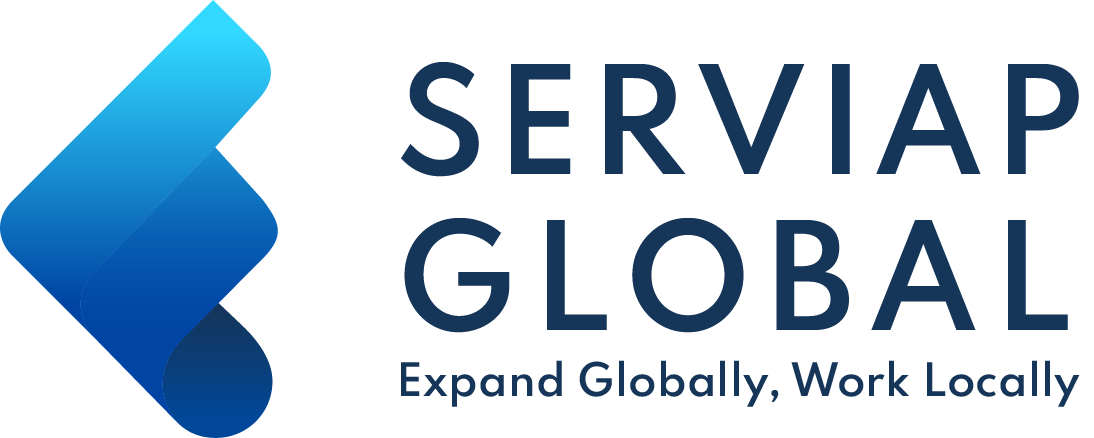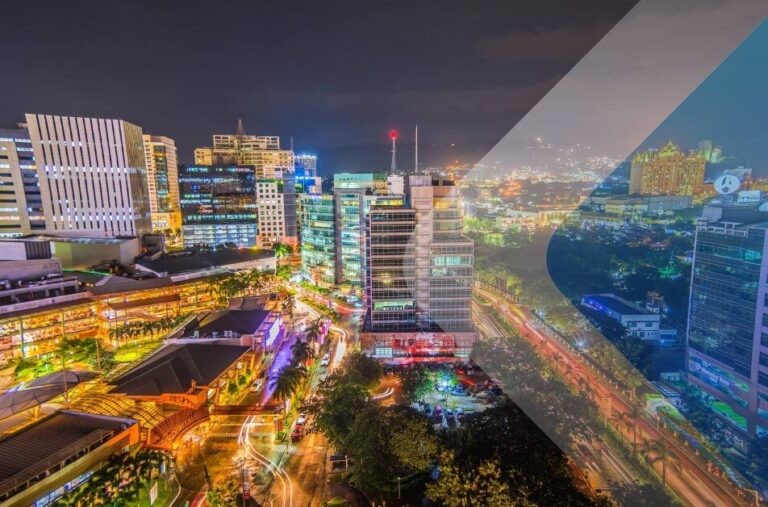Table of Contents
Pakistan Human Capital Overview
Thanks to years of hard work investing in the country’s infrastructure and securing consistent economic growth, Pakistan became a viable partner for U.S. companies looking to outsource to Southeast Asia.
With an intelligent and educated workforce, Pakistan offers many opportunities for companies seeking to outsource their IT or other back-office functions. Here are some of the most important things to know about Pakistan’s human capital.
SERVIAP can help with your global expansion needs. Contact us today to learn how you can expand your business with PEO in Pakistan.
Tech Graduates and Workforce
Improving educational opportunities continues to be a challenge for Pakistan, as many children opt not to continue their education after primary school so they can enter the workforce. Still, they have made efforts to improve education, and more graduates are coming onto the market.
- Young Workforce: Over two-thirds of Pakistan’s population is younger than 24 years old. This demographic reality means there are a lot of young workers looking for opportunities, and they will likely remain contributors for many years.
- Strong Work Ethic: 81% of the country’s population believe a strong work ethic pays off. There is a huge emphasis on productivity within the country.
- Business Friendly: The Pakistani government has favorable business laws and tax incentives, especially towards certain services and industries.
Key Sectors for Local Activity
Several sectors make up the Pakistani economy, and while the tech industry is making inroads, these are currently the most key sectors:
- Mining: Pakistan has vast deposits of minerals and other natural resources, including limestone, gold, iron, and rock salt.
- Oil and Gas: Pakistan is a large exporter of oil, natural gas, and coal.
- Textiles: Cotton textiles and apparels manufacturing are the largest industries in the country, accounting for 66% of the country’s exports and 40% of workplace employment.
Key Sectors for Outsourcing
There are a number of benefits for companies looking to outsource to Pakistan, including a young workforce, a high level of English proficiency, and relatively low wages.
The country is the 3rd largest English-speaking country in the world. Approximately 20% of the population speaks fluent English, which is the equivalent of 20 million people.
The country places a strong emphasis on tech education among its younger population. This focus led to many foreign companies outsourcing their IT and technology-related positions to business process organizations (BPOs) in Pakistan. Other companies have opened branches in Pakistan.
Call centers also tend to do well in Pakistan, thanks to the country’s wide English language proficiency. Pakistani workers are excited about the opportunities presented by foreign investment, and they can be trained to perform the job that needs to be done.
The practical training and experience these individuals receive during their work can prove invaluable to a company looking for offshoring opportunities.
English Speakers
Over 20% of the Pakistani population speaks fluent English. It is most widely spoken in larger cities such as Islamabad and Karachi.
These cities are also home to a number of international companies that operate in the tech center. Pakistan’s history as a former British colony and encouragement for people learning the language has led to a broad understanding of English.
Average Wages
Compared to the United States, the average wages in Pakistan are very low, making it a popular destination for companies looking to save while outsourcing work. The monthly average wage for a worker in Pakistan is 81,800 Pakistani rupee (PKR), or about $498 USD.
Wages in the healthcare sector generally pay the most, with an average salary of 122,000 PKR, or $696 USD. Information technology earnings approximate 82,100 PKR, or $500 per month. This cost represents considerable savings over paying those performing a similar role in the United States.
Prominent Cities for Business
While there are several cities in Pakistan where you can conduct business, these are the ones that you should consider first, based on their population and their infrastructure:
- Lahore: Lahore has established itself as a strong economy that shifted from manufacturing to IT, services, and education, unlike other economic hubs in Pakistan. It has also established itself as the number one place for startups due to its educated local workforce.
- Faisalabad: This city is a regional hub for textiles and agriculture. It is also famous for its extensive research and development facilities that offer it a unique edge in exporting agricultural produce.
- Karachi: Karachi is Pakistan’s most cosmopolitan city and is known as the premier industrial and financial center.
Turnover Rates
The turnover in Pakistani companies is not unlike that seen in other countries. Most employees stay on unless they find another opportunity that makes better use of their skills. It is usual for employees to remain with the same company for several years.
Is Pakistan Right for Your Business?
SERVIAP is a leading Professional Employer Organization (PEO) ready to help your business expand operations throughout the Western Hemisphere. PEO is a model of co-employment, where we assume total responsibility for your talent, allowing you to focus on the strategic activities of your organization.
Contact us today to learn more about how you can expand your business in Pakistan.










